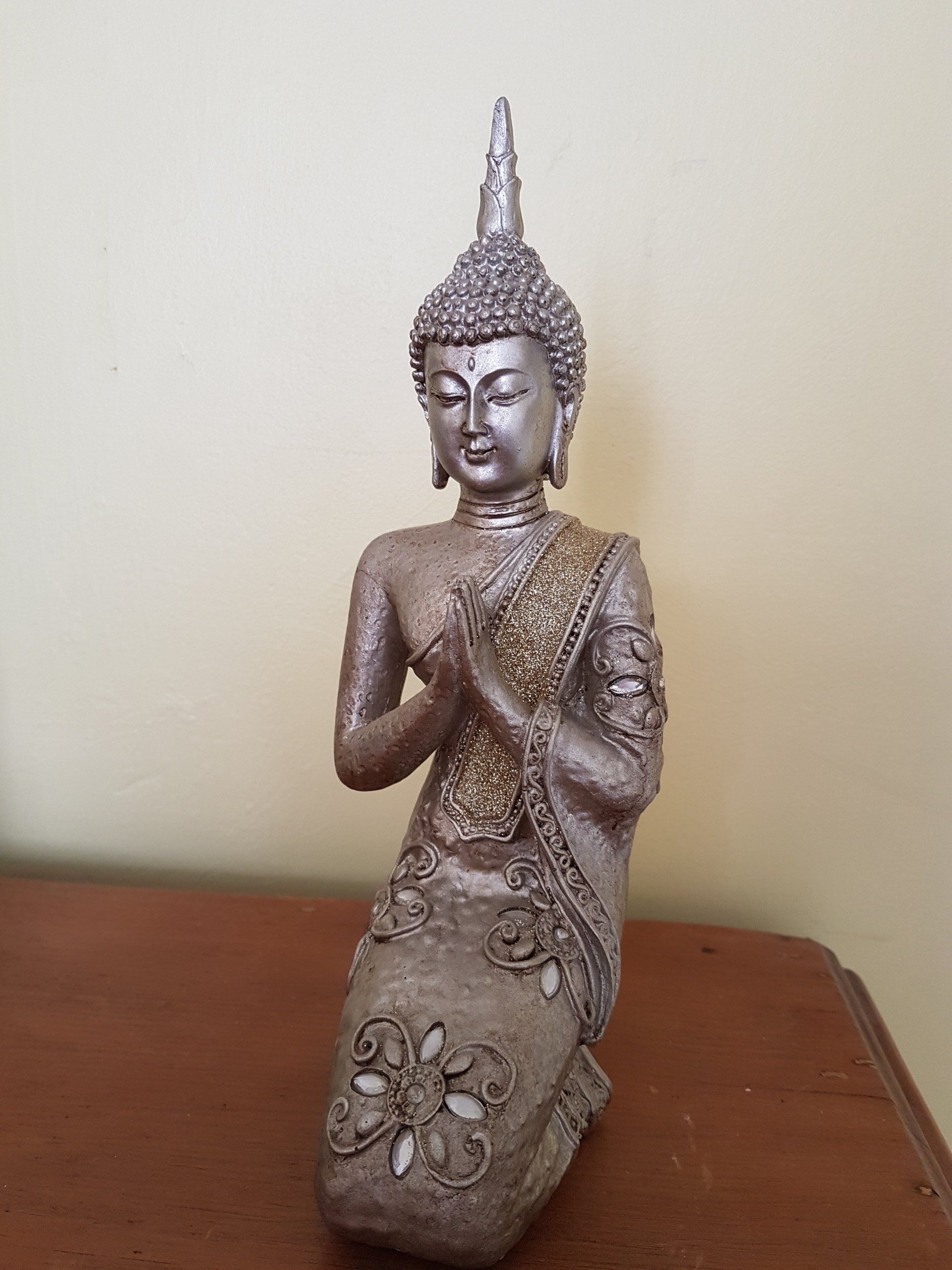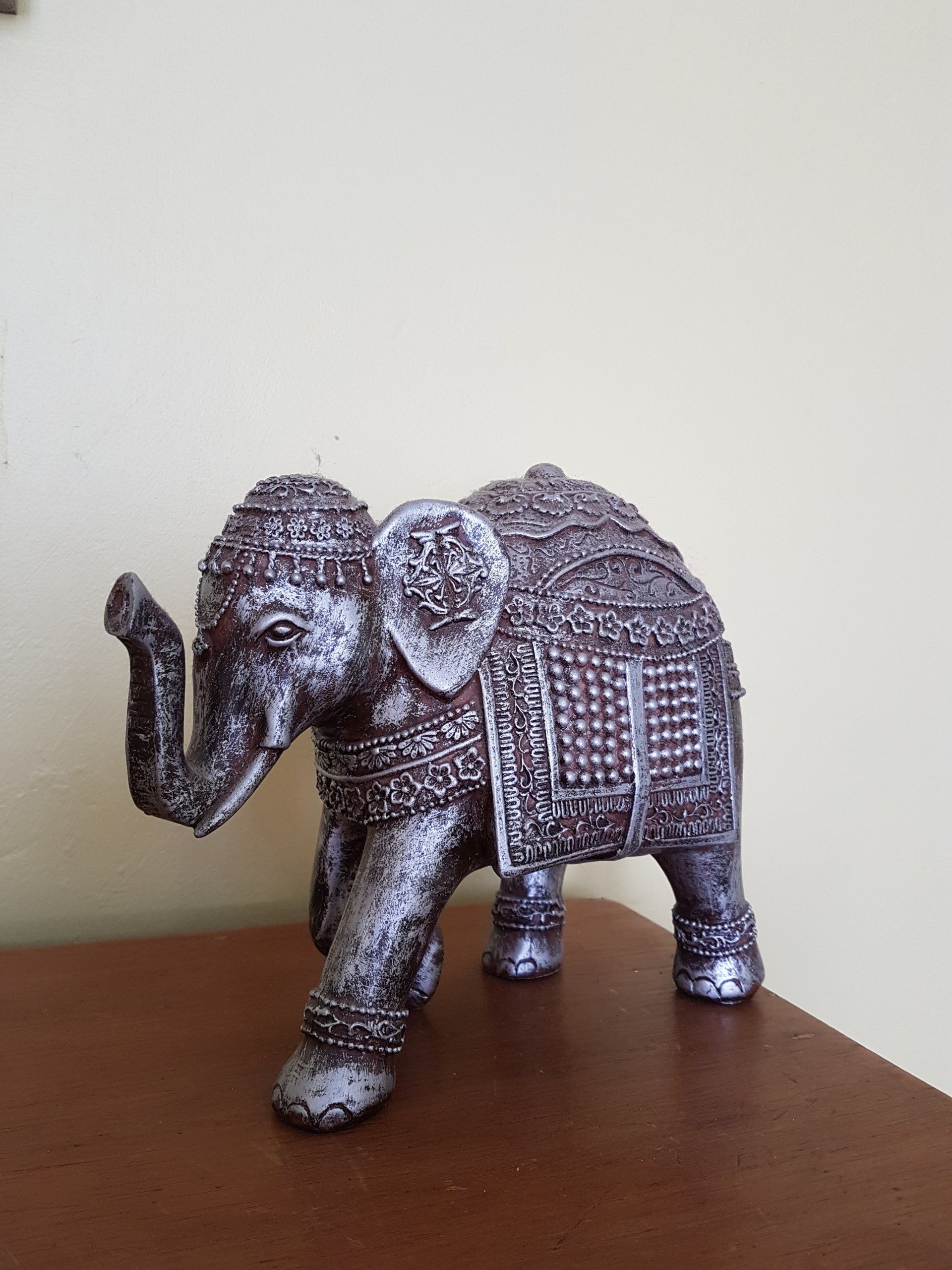
- HOME
- Counselling & Psychotherapy
- Structured Treatment Programmes
- MORE
Boarderline Personality Disorder
Boarderline Personality Disorder
Boarderline Personality Disorder
If you have Boarderline Personality Disorder (BPD), everything can feel unstable: your relationships, moods, thinking, behaviour and even your identity. However, there is hope and this guide to symptoms, treatment offered by Tower Counselling, and recovery can help.

Slide title
Write your caption hereButton
Slide title
Write your caption hereButton
Slide title
Write your caption hereButton
What is borderline personality disorder (BPD)?
What is borderline personality disorder (BPD)?
If you have borderline personality disorder (BPD), you probably feel like you’re on a rollercoaster—and not just because of your unstable emotions or relationships, but also the wavering sense of who you are. Your self-image, goals, and even your likes and dislikes may change frequently in ways that feel confusing and unclear.
People with BPD tend to be extremely sensitive. Some describe it as like having an exposed nerve ending. Small things can trigger intense reactions. And once upset, you have trouble calming down. It’s easy to understand how this emotional volatility and inability to self-soothe leads to relationship turmoil and impulsive—even reckless—behaviour. When you’re in the throes of overwhelming emotions, you’re unable to think straight or stay grounded. You may say hurtful things or act out in dangerous or inappropriate ways that make you feel guilty or ashamed afterwards. It’s a painful cycle that can feel impossible to escape. But it’s not. There are effective BPD treatments and coping skills that can help you feel better and back in control of your thoughts, feelings, and actions.
Signs and Symptoms
Borderline personality disorder (BPD) manifests in many different ways, but for the purposes of diagnosis, mental health professionals group the symptoms into nine major categories. In order to be diagnosed with BPD, you must show signs of at least five of these symptoms. Furthermore, the symptoms must be long-standing (usually beginning in adolescence) and impact many areas of your life.
The 9 symptoms of Boarderline Personality Disorder
1. Fear of abandonment. People with BPD are often terrified of being abandoned or left alone. Even something as innocuous as a loved one arriving home late from work or going away for the weekend may trigger intense fear. This can prompt frantic efforts to keep the other person close. You may beg, cling, start fights, track your loved one’s movements, or even physically block the person from leaving. Unfortunately, this behaviour tends to have the opposite effect—driving others away.
2. Unstable relationships. People with BPD tend to have relationships that are intense and short-lived. You may fall in love quickly, believing that each new person is the one who will make you feel whole, only to be quickly disappointed. Your relationships either seem perfect or horrible, without any middle ground. Your lovers, friends, or family members may feel like they have emotional whiplash as a result of your rapid swings from idealisation to devaluation, anger, and hate.
3. Unclear or shifting self-image. When you have BPD, your sense of self is typically unstable. Sometimes you may feel good about yourself, but other times you hate yourself, or even view yourself as evil. You probably don’t have a clear idea of who you are or what you want in life. As a result, you may frequently change jobs, friends, lovers, religion, values, goals, or even sexual identity.
4. Impulsive, self-destructive behaviours. If you have BPD, you may engage in harmful, sensation-seeking behaviours, especially when you’re upset. You may impulsively spend money you can’t afford, binge eat, drive recklessly, shoplift, engage in risky sex, or overdo it with drugs or alcohol. These risky behaviours may help you feel better in the moment, but they hurt you and those around you over the long-term.
5. Self-harm. Suicidal behaviour and deliberate self-harm is common in people with BPD. Suicidal behaviour includes thinking about suicide, making suicidal gestures or threats, or actually carrying out a suicide attempt. Self-harm encompasses all other attempts to hurt yourself without suicidal intent. Common forms of self-harm include cutting and burning.
6. Extreme emotional swings. Unstable emotions and moods are common with BPD. One moment, you may feel happy, and the next, despondent. Little things that other people brush off can send you into an emotional tailspin. These mood swings are intense, but they tend to pass fairly quickly (unlike the emotional swings of depression or bipolar disorder), usually lasting just a few minutes or hours.
7. Chronic feelings of emptiness. People with BPD often talk about feeling empty, as if there’s a hole or a void inside them. At the extreme, you may feel as if you’re “nothing” or “nobody.” This feeling is uncomfortable, so you may try to fill the void with things like drugs, food, or sex. But nothing feels truly satisfying.
8. Explosive anger. If you have BPD, you may struggle with intense anger and a short temper. You may also have trouble controlling yourself once the fuse is lit—yelling, throwing things, or becoming completely consumed by rage. It’s important to note that this anger isn’t always directed outwards. You may spend a lot of time feeling angry at yourself.
9. Feeling suspicious or out of touch with reality. People with BPD often struggle with paranoia or suspicious thoughts about others’ motives. When under stress, you may even lose touch with reality—an experience known as dissociation. You may feel foggy, spaced out, or as if you’re outside your own body.
If you feel you need support of counselling for BPD telephone (+44) 08454670612
or (+44) 07593809574
or email
us










